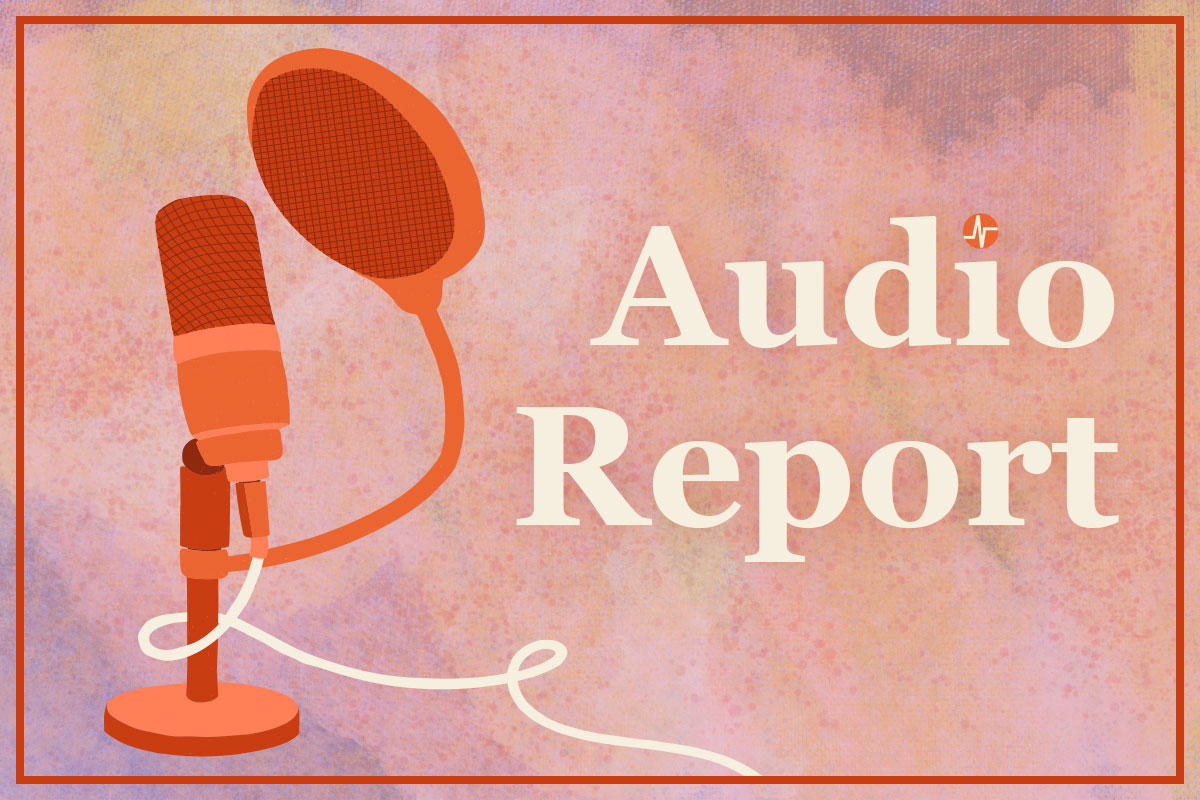
Paid Training for In-Home Caregivers
California Healthline contributing radio correspondent Stephanie O’Neill shared details of a new state initiative that pays in-home caregivers to improve their skills.
California is offering caregivers in the state’s In-Home Supportive Services program a chance to get paid — and earn incentives of up to $3,500 — while learning about dementia care, medication management, fall prevention, and self-care. The program, overseen by the Department of Social Services, is intended to keep low-income people who are older or disabled aging in place.
Read the original article by California Healthline contributor Laurie Udesky here.
Health Coverage for Striking Workers
California Healthline contributing radio correspondent Stephanie O’Neill described how workers who lose employer-based health coverage during labor disputes will have access to health insurance subsidies.
Starting in July, the state will provide private-sector workers in that situation with health coverage through Covered California, the state’s insurance marketplace. Workers will pay nothing for premiums during strikes or lockouts. The new law could allow workers to stay on the picket line longer.
Read the original article by California Healthline freelance writer Annie Sciacca here.
Using Dating Apps to Track Sexually Transmitted Infections
California Healthline contributing radio correspondent Stephanie O’Neill explained how contact tracers are using dating apps to inform people about potential exposures to sexually transmitted infections.
Public health officials are finding that telephone calls don’t work so well in the digital age. So, some are setting up profiles on apps like Grindr, hoping to connect with people who have been exposed to someone diagnosed with an STI. The move comes as infection rates have gone up nationally.
Read the original article by KHN correspondent Darius Tahir here.


